
Sharing data does not inherently increase trust, rather it enables verification which allows for trust calibration.
This example is a win. Serious issues were rapidly detected that would not have been without mandatory data sharing.

Sharing data does not inherently increase trust, rather it enables verification which allows for trust calibration.
This example is a win. Serious issues were rapidly detected that would not have been without mandatory data sharing.
The new UK Adolescent Health Study will follow 100k young people (8–18yrs) for 10+ years. Please share what digital technology measures you think it should include.
Please complete this survey (by 24th November 2025 @ 9AM): cambridge.eu.qualtrics.com/jfe/form/SV_...
The new UK Adolescent Health Study will follow 100k young people (8–18yrs) for 10+ years. Please share what digital technology measures you think it should include.
Please complete this survey (by 24th November 2025 @ 9AM): cambridge.eu.qualtrics.com/jfe/form/SV_...

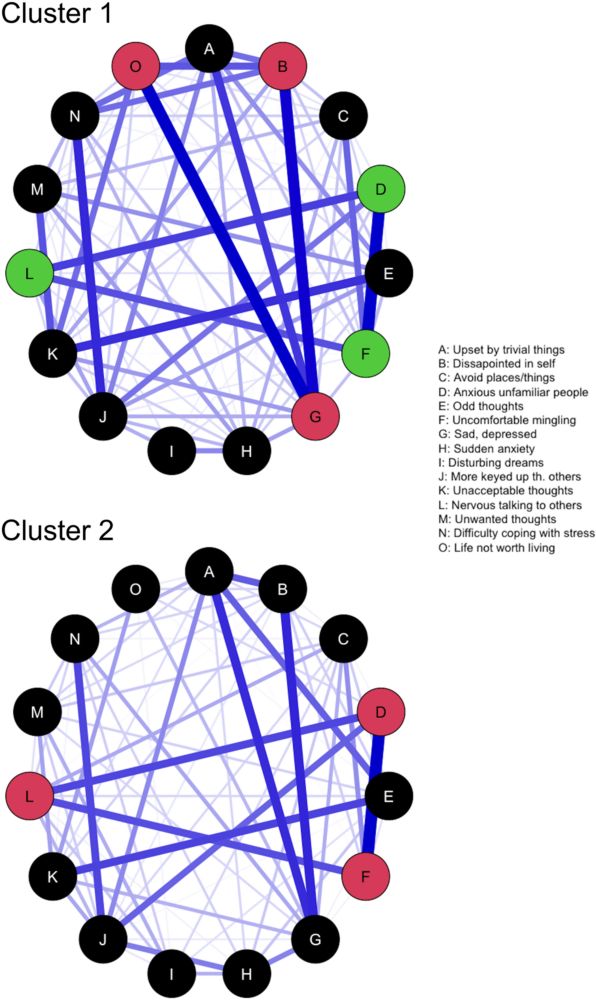


With amazing collaborators @tfblanken.bsky.social, Han van der Maas, & Denny Borsboom 🥳
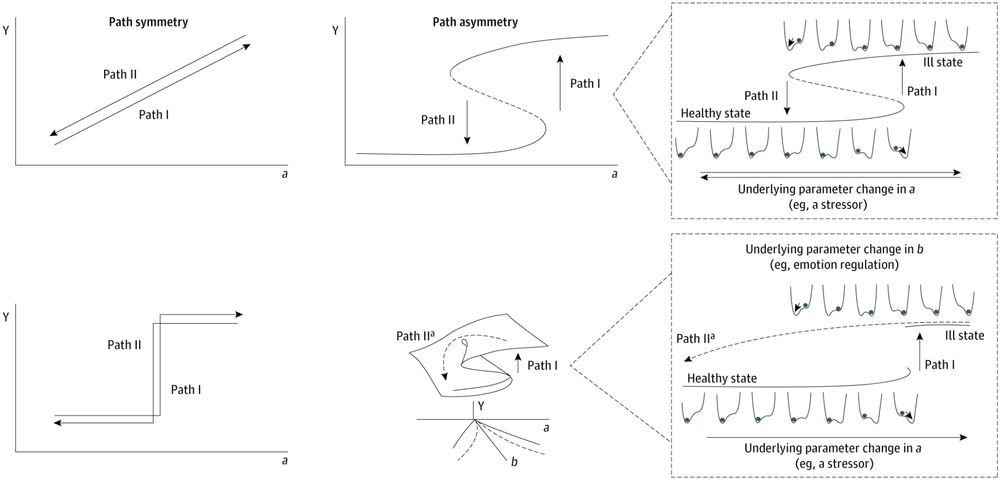
With amazing collaborators @tfblanken.bsky.social, Han van der Maas, & Denny Borsboom 🥳
statmodeling.stat.columbia.edu/2025/08/26/a...
statmodeling.stat.columbia.edu/2025/08/26/a...
🧪 #PsychSciSky #StatsSky #Psychiatry #PublicHealth #EpiSky
▶️60 openly available experience sampling datasets (16K+ participants, 740K+ obs.) in one place
▶️Harmonized (meta-)data, fully open-source software
▶️Filter & search all data, simply download via R/Python
Find out more:
🌐 openesmdata.org
📝 doi.org/10.31234/osf...
🧪 #PsychSciSky #StatsSky #Psychiatry #PublicHealth #EpiSky


Peut-être adorez-vous la saga Avatar, ou bien y êtes-vous indifférent•e ?
Mais avez-vous repéré les messages spirituels que James Cameron y a semés de manière plus ou moins subtile ?
#ScienceFiction 👇🏼
youtu.be/J1ZFSKiufx4
Peut-être adorez-vous la saga Avatar, ou bien y êtes-vous indifférent•e ?
Mais avez-vous repéré les messages spirituels que James Cameron y a semés de manière plus ou moins subtile ?
#ScienceFiction 👇🏼
youtu.be/J1ZFSKiufx4
It makes me think they just don't care, and it's really depressing.
It makes me think they just don't care, and it's really depressing.
Tam Pham is an absolute superstar and I feel very lucky to work with her ✨
osf.io/preprints/ps...

Tam Pham is an absolute superstar and I feel very lucky to work with her ✨
osf.io/preprints/ps...
"Change is most likely [..] if it spreads first among relatively poorly connected nodes."
www.nature.com/articles/s41...

"Change is most likely [..] if it spreads first among relatively poorly connected nodes."
www.nature.com/articles/s41...
Le numérique n’est ni bon ni mauvais en soi. Il ouvre des opportunités immenses pour apprendre, s’informer, rester connecté…mais comporte aussi des risques sérieux pour la santé mentale,
www.oecd.org/fr/publicati...
Le numérique n’est ni bon ni mauvais en soi. Il ouvre des opportunités immenses pour apprendre, s’informer, rester connecté…mais comporte aussi des risques sérieux pour la santé mentale,
www.oecd.org/fr/publicati...
doi.org/10.5281/zeno...
We unpick the tech industry’s marketing, hype, & harm; and we argue for safeguarding higher education, critical
thinking, expertise, academic freedom, & scientific integrity.
1/n




doi.org/10.5281/zeno...
We unpick the tech industry’s marketing, hype, & harm; and we argue for safeguarding higher education, critical
thinking, expertise, academic freedom, & scientific integrity.
1/n
reeserichardson.blog/2025/08/04/a...
reeserichardson.blog/2025/08/04/a...
Examined in a massive EMA study (N = 3,761), our new #OpenAccess piece on this is just out:
online.ucpress.edu/collabra/art...
#PsychSciSky #AcademicSky
🧵:
Examined in a massive EMA study (N = 3,761), our new #OpenAccess piece on this is just out:
online.ucpress.edu/collabra/art...
#PsychSciSky #AcademicSky
🧵:
In 500,000 adults, we find no universal urbanicity–mental disorder link.
Cities worldwide include very different living conditions & characteristics.
We need to identify which aspects of urban life harm or protect well-being
In this cross-national study, we investigate the links between urbanicity, anxiety and depressive disorders in 500,000 adults across the UK, Norway, and New Zealand 🧵
www.sciencedirect.com/science/arti...
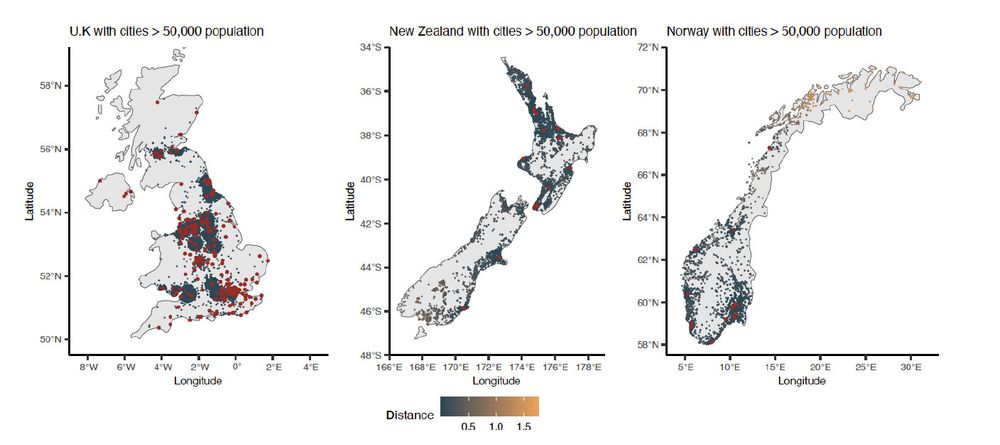
In 500,000 adults, we find no universal urbanicity–mental disorder link.
Cities worldwide include very different living conditions & characteristics.
We need to identify which aspects of urban life harm or protect well-being
Teaser 😇 : slide taken from my talk + detailed program of this sympo
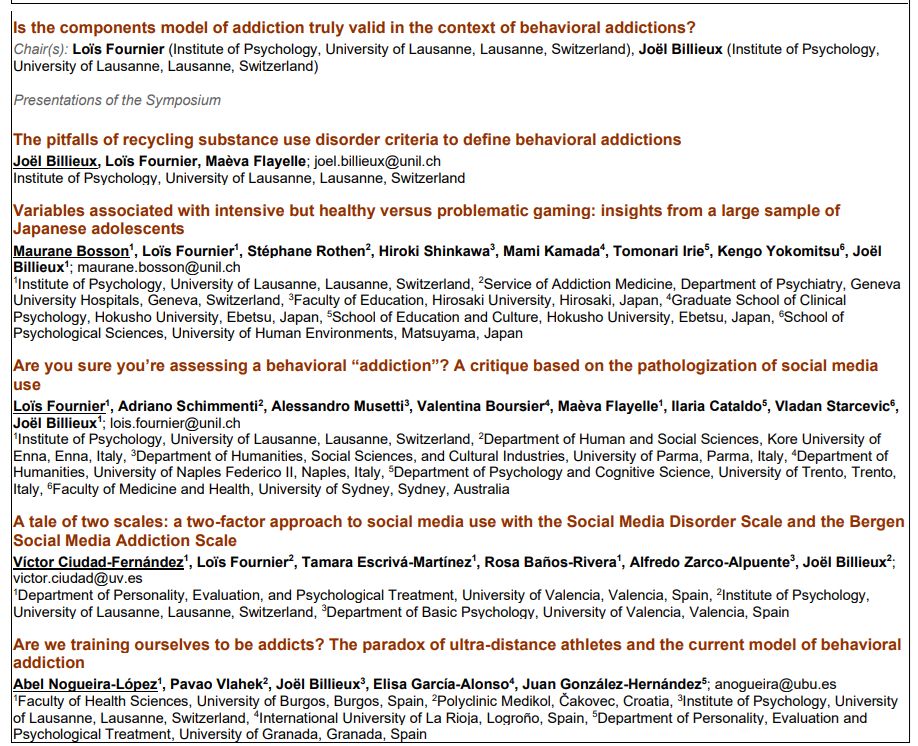
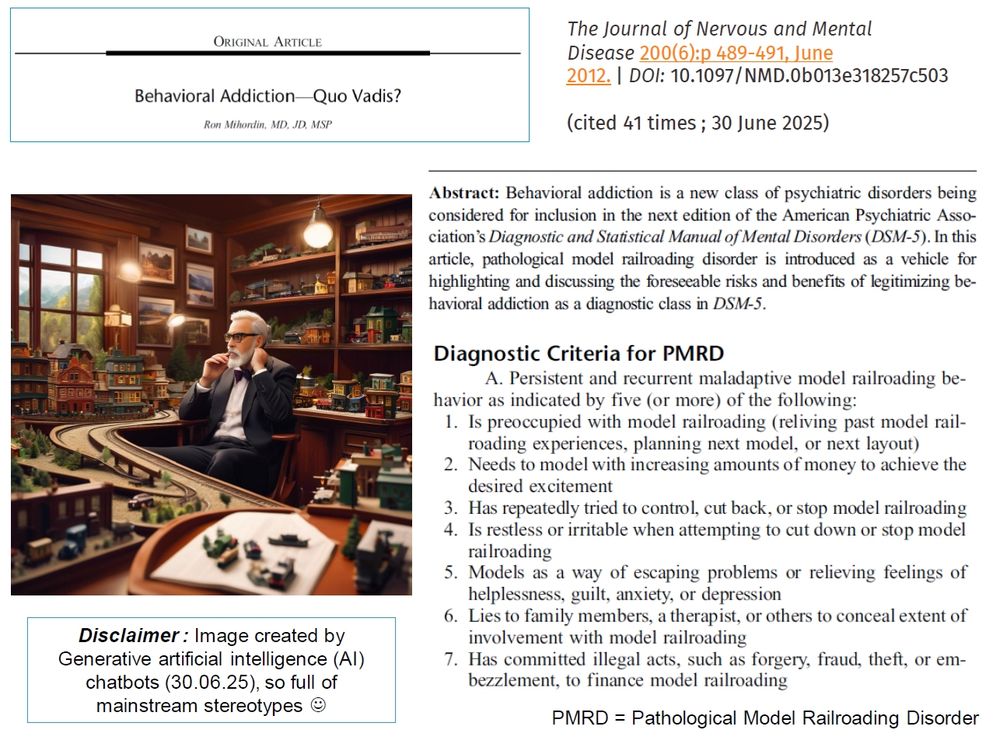
Teaser 😇 : slide taken from my talk + detailed program of this sympo
We propose future directions for mathematical, computational, & digital methods to advance suicide research: osf.io/preprints/ps...
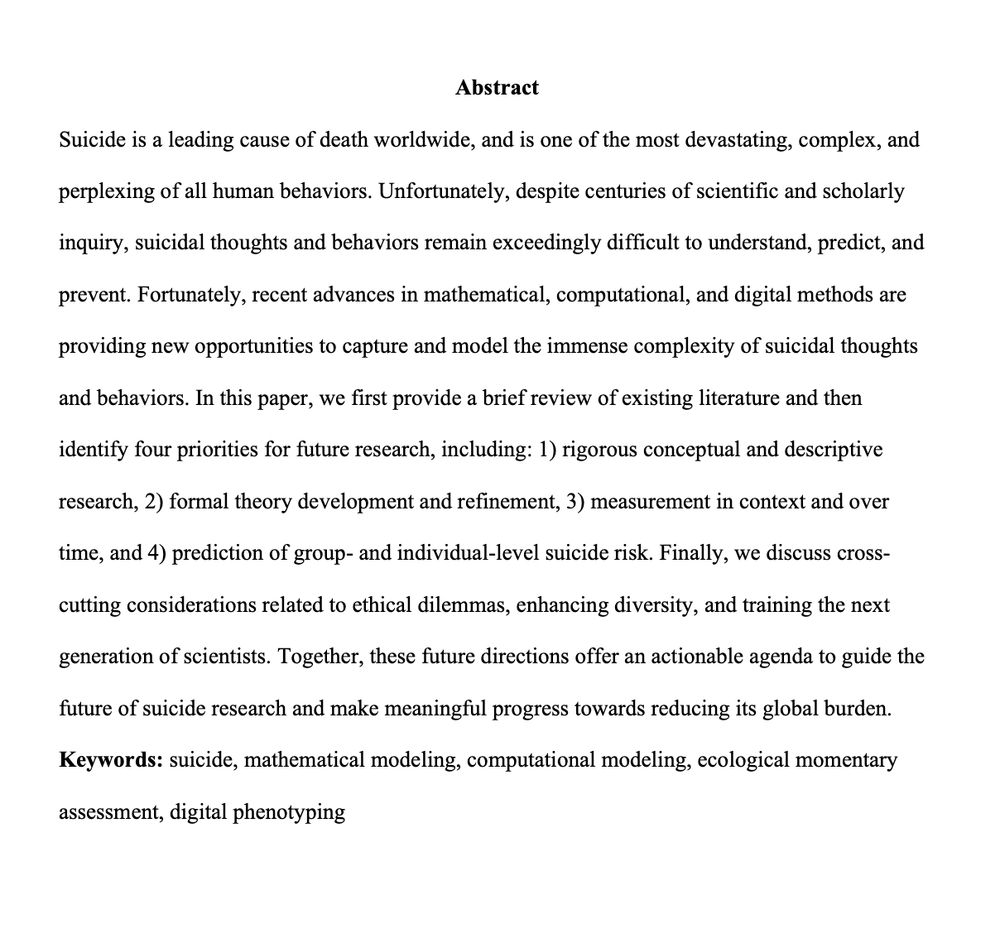
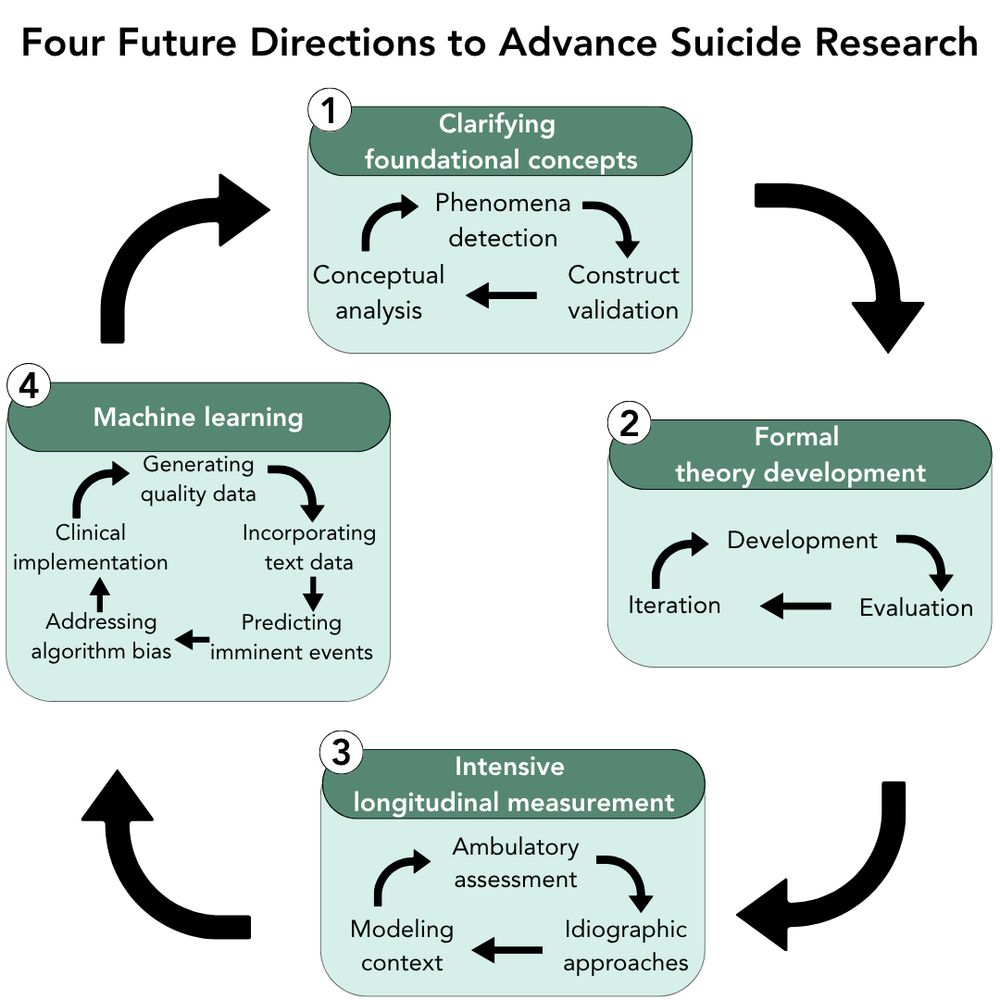
We propose future directions for mathematical, computational, & digital methods to advance suicide research: osf.io/preprints/ps...


